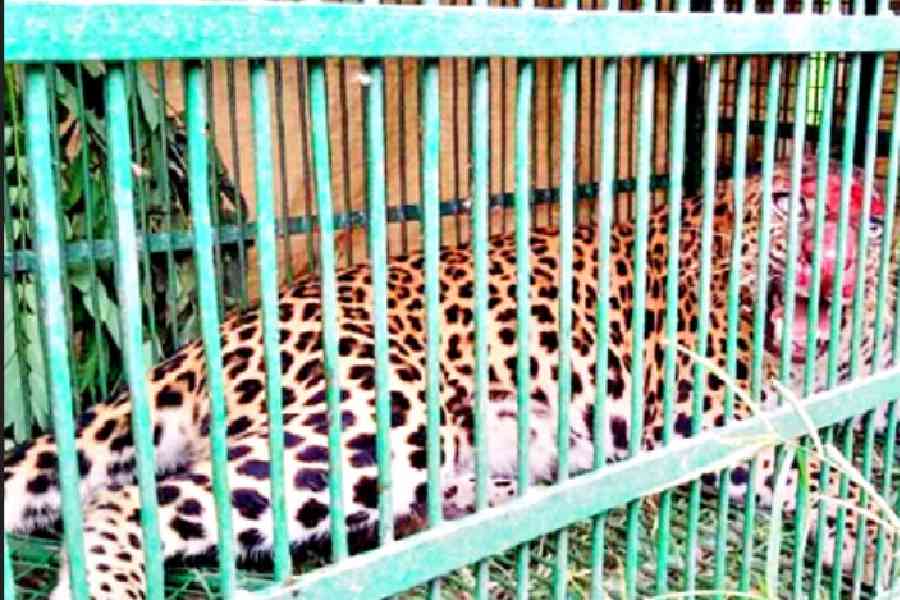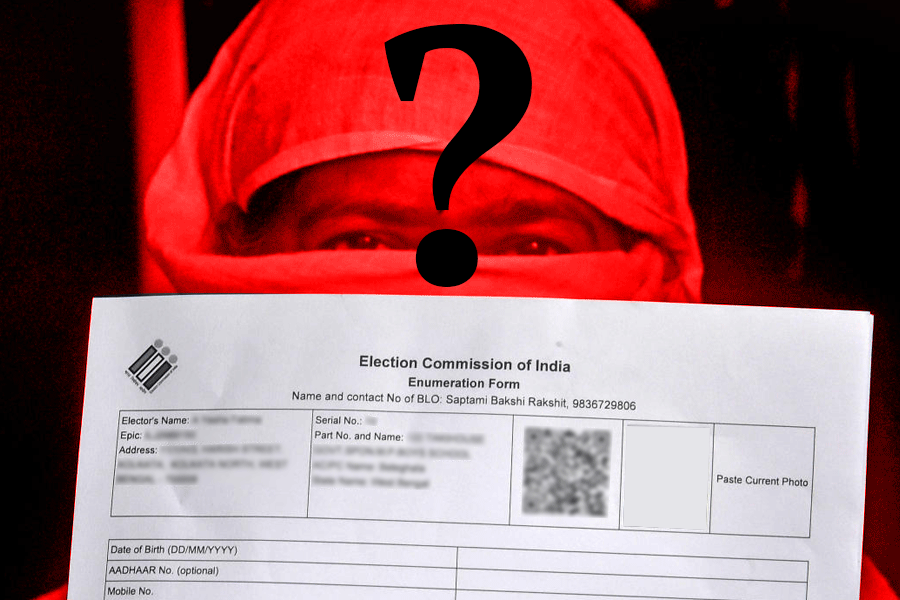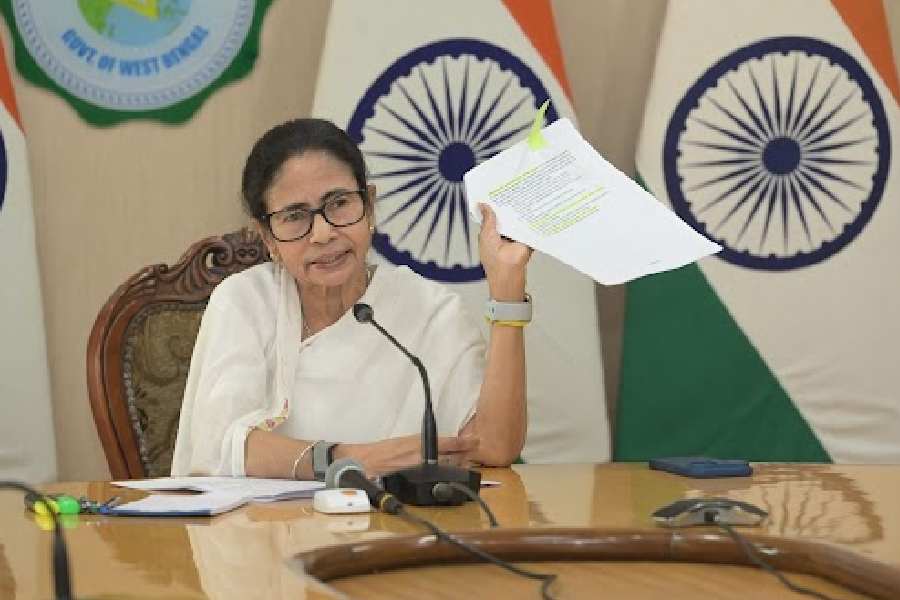The Bengal state office of WWF-India organised a consultation meeting on human-leopard conflict at the tea plantations located in the Terai on Wednesday.
WWF-India engages in many activities for the protection and conservation of the environment in the Indian context.
At the meeting hosted at the office of the Terai branch of the Indian Tea Association (TBITA) at Bengdubi on the outskirts of Siliguri, experts apprised managers of tea estates and other stakeholders on the issue and elaborated on options that could be explored to mitigate such conflicts.
In Terai, leopards often sneak into the tea gardens to catch easy prey, especially after breeding cubs. On several occasions, tea estate residents have faced leopard attacks.
Sangeeta Mitra, the state director of WWF-India, said the main objective of the meeting was to discuss the measures to be taken to reduce human-leopard conflicts.
“Rapid urbanisation and development works in rural areas have affected wildlife habitats. But at the same time, it has also helped animals like leopards to find easy prey bases at the human settlements in tea gardens, as many of these gardens are in the fringes of forests. This is one of the main reasons for such conflict,” she said.
The state office of WWF-India has taken up a project titled “enabling safer shared spaces between people and leopards in the tea plantations of the Terai, Bengal”, she said.
The project promotes coexistence between communities and wildlife, particularly with the tea gardens and adjoining human settlements, said Mitra.
At the meeting, focus was given on the current trends of human-leopard conflict, management practices and measures for its prevention, conflict records of the past 10 years, impacts of such conflicts on fringe villages and future strategies.
“As a part of our project, we have identified around 20 tea gardens in the Terai region and have requested the state forest department to share the number of cases of human-leopard conflicts along a 10-year span (2015 to 2024) in these gardens. This data is necessary to implement the project,” she said.
The WWF-India, Mitra said, would also campaign in tea gardens in consultation with the management for the next six months.
“We will show a small documentary while campaigning among tea workers. It mentions the dos and don'ts. Also, short street plays and skits will be performed during our drive,” she added.
Those associated with the tea industry welcomed the initiative. “Leopards often stray into the tea gardens. It is a major concern for us, because straying (of wild animals) affects regular activities and creates panic, particularly if any leopard attack is reported in the garden. We hope this initiative will help in addressing the problem,” said Rana Dey, the secretary of the TBITA.










